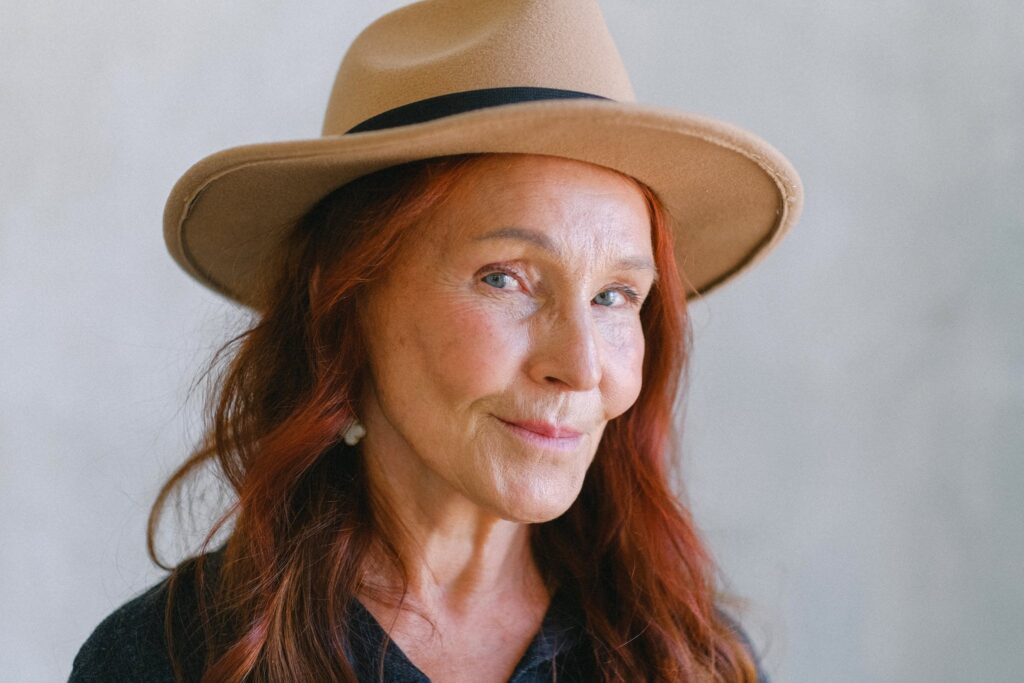Condition and Causes

Rosacea is a common skin condition that tends to be chronic and progressive. You should have it treated as soon as possible to ensure the best chance of success in managing the disease. There is no cure, but treatment can reduce the signs and symptoms, prevent flare-ups, and keep the condition from getting worse.
The first sign of rosacea is frequent and persistent facial flushing, primarily on the nose and cheeks. As the disease progresses the redness may spread to the forehead and chin and even as far as the ears, chest, and back. You may notice tiny blood vessels and clusters of small red bumps (papules), some containing pus (pustules). The most severe form of rosacea is characterized by disfiguring enlargement of the nose, termed rhinophyma.
Approximately half of those affected with rosacea develop ocular rosacea, which can cause dryness, burning, and grittiness of the eyes and can lead to serious complications if not treated.
Fair-skinned individuals aged 30 to 50 and women experiencing menopause are at the greatest risk of developing rosacea, but people of any age and ethnicity can be affected.
Treatment
We treat rosacea in a variety of ways, depending on the signs and symptoms of your condition:
How to Reduce Rosacea Flare-Ups
Although there is no cure for rosacea, early treatment and careful management can be effective in controlling its symptoms and progress. In some cases rosacea clears up forever. In some cases rosacea comes and goes for years. Some people have flare-ups for life.
To reduce the likelihood of triggering a rosacea flare-up:
- Use sun protection
Limit sun exposure, wear protective clothing, and use a SPF 30 or higher broad spectrum sunscreen.
- Watch your diet
Avoid spicy foods, hot drinks, caffeine, and alcohol.
- Avoid temperature extremes
Protect your skin from very hot and very cold temperatures. Don’t get overheated during exercise. Wear protective clothing in windy and cold conditions.
- Avoid skin irritation
Use the minimum amount of simple skin care products. Avoid products that contain alcohol or other irritants. Keep hair spray off your face. Don’t rub, scrub, or massage your face.
- Manage your personal triggers
Develop a list of the foods, products, and activities that seem to coincide with your rosacea flare-ups, and avoid or limit your exposure to them.

